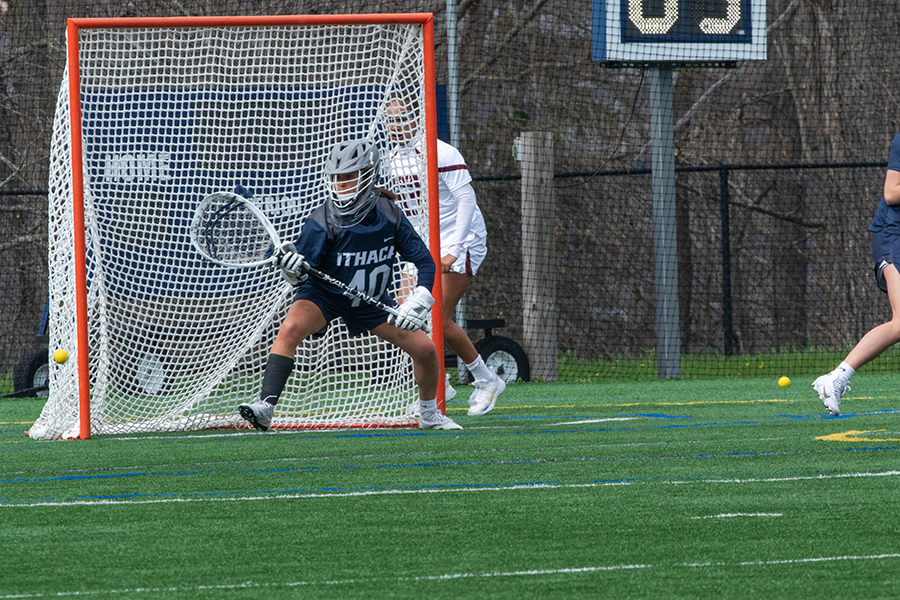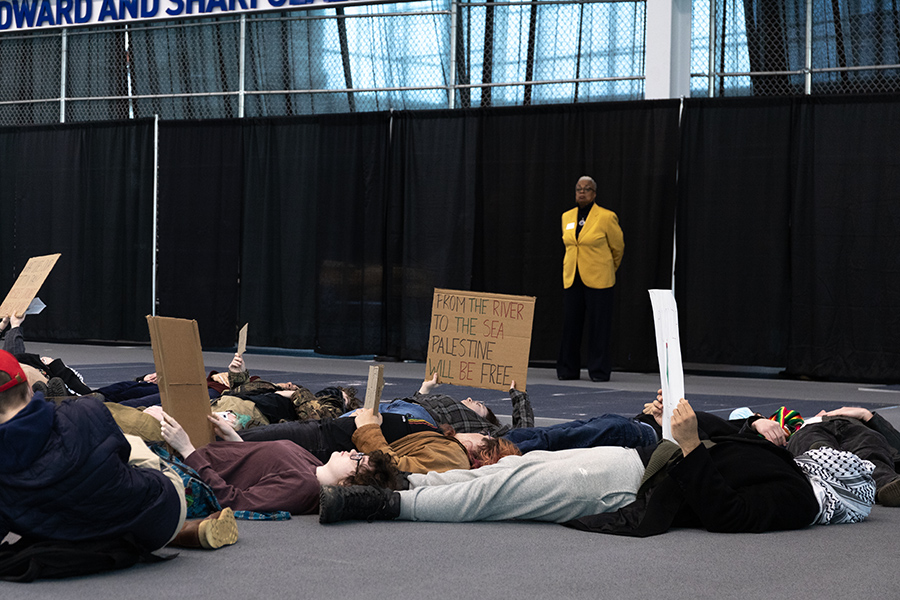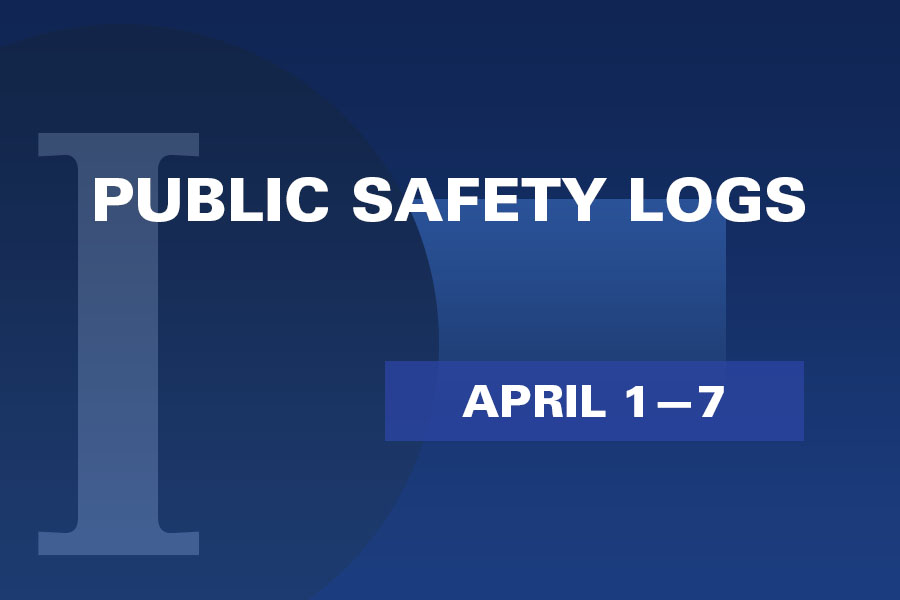Chad Hurley, co-founder and former CEO of the popular video-sharing website YouTube, spoke at 7:30 p.m. Wednesday night in Emerson Suites.
Hurley began his career at eBay’s PayPal division and then went on to co-found YouTube, with partners Steve Chen and Jawed Karim. YouTube was sold to Google Inc. in 2007 for $1.65 billion. Hurley co-founded the Internet company AVOS Systems, which specializes in helping developers create new apps for both iPhones and iPads.
Contributing writer Noah Orent, along with several other members of the college press, spoke with Hurley at a news conference Wednesday afternoon about the origins of YouTube and his goals for the future.
Ben Tillem: YouTube has changed many lives, both good and bad. When did you realize that?
Chad Hurley: It was a process, and I think so much was happening that we couldn’t really think about it at the time. We were basically just holding on for our lives, trying to survive.
Mia O’Brien: Did your interests in positively creating something along this line, how did it come to action?
CH: I ended up moving to Silicon Valley to work for an encryption company. I ended up creating PayPal. Going from there, I thought about what I wanted to do next. I reconnected with some friends I had there, and we started talking about videos because there were photo services like Flickr that existed but not video services. So we just started developing a solution for ourselves. Through that process, we were able to come up with a few solutions that people found useful, and we were able to grow from there and have a brand that resonated.
Kelli Kyle: YouTube , I know, was created in 2005 . That was before the whole social media explosion. How do you think YouTube’s start would have gone differently had it been created in today’s market?
CH: I think it would have probably accelerated our growth even more.
Noah Orent: So we’re all here mainly discussing YouTube, but what was the inspiration behind the AVOS System?
CH: That was a new company we started two years ago after I took off from YouTube. It was so me and Steve could have an opportunity to work on different ideas and to lay out a more efficient way to create multiple products. We worked on a series of different products, we most recently launched MixBit, which is a video app that I’m pretty excited about.
NO: Do you have any other future ideas besides MixBit?
CH: Well there’s a lot we’re going to do with MixBit. I’ve been focused on that. It’s really bare bones, it’s basically in beta. But, like I said, it’s laying the groundwork for more structure, for better ways for people to tell stories and celebrate different talents within the video creation process.
MB: YouTube right now has complete control over the video-sharing market . I see that YouTube is moving to compete with Hulu and Netflix because you can buy movies on there now. What do you think is going to be the next move, and are you try to compete with YouTube?
CH: Everyone’s competing. In terms of brand positioning, I think it’s hard for them to go directly against a Netflix or a Hulu. At MixBit, what I’m trying to do is take a more scalable content approach to content creation. Hopefully, models that still allow people with different talents and people within the video production process to work together remotely.
Alexa Levy: When you created YouTube, what copyright infringements and legal issues were there, like being liable for the content?
CH: No, we knew nothing about video at the time. Technically, we didn’t know how video would work. That was one of the technical ends that we had, consolidating all the complicated details a regular user would have to deal with. In terms of businesses, the talent being discovered, the issues of copyright, we didn’t envision any of that.
BT: How did the commercials on YouTube come about and how does that work?
CH: Google acquired us and now they’re trying to make money off of distribution.
NO: In light of recent events in the Middle East, particularly in Syria, what do you think is the role of avenues such as YouTube in spreading news?
CH: It’s not a filter, it’s not going through any type of crucial media outlet. It’s actually them, in the street with the people, capturing their lives. So I think that’s probably the most powerful way to send a message.
NO: What advice do you have for college students, particularly in the field of media?
CH: Just be authentic and hopefully empower people not only with solutions, with information. That’s what it’s about at the end of the day, it’s about stories that hopefully inspire people to take action or inform them of how to make a better decision in their lives.







